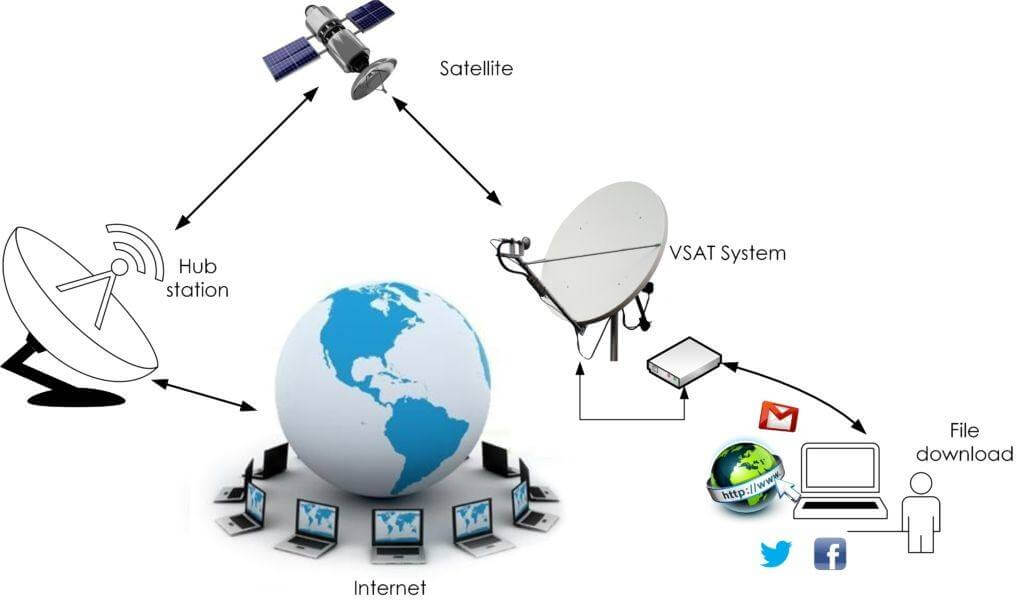It’s undeniable to say that the world of the internet has given us an opportunity to access information from anywhere and at any time with just a few clicks. From online shopping to video conferencing to researching for study material, the internet has made a lot of things possible for us that was impossible years ago. But, as much as amazing we consider the internet to be, there’s something more sinister about “cyberspace”. Did you know that every 39 seconds, there is an attack on the World Wide Web? As most of us know, what we do online is monitored, stored, used, or sometimes even misused, thus, making us question our privacy online. Well, that’s the price you pay in return for free information.
Now, allow us to present some facts that we have acquired from reputed places to enlighten you about the alarming side of the internet.
As per internet privacy data statistics posted on February 2021, approximately 37% of all websites use non-secure cookies. – W3TechsMore than 20% of online users have become victims of account hacking. – Security Today
63% of users believe that most companies are not transparent about how their data is being used. – Tableau
70% of smartphone apps share their users’ data with third-party services. – The Conversation
Internet privacy data statistics show that 6% of people who were victims of cyberattacks have suffered reputation damage as a consequence. – Pew Research Center
21% of email and social media users have experienced at least one cyberattack. – Statista
The majority of mobile users don’t mind user data collection if it gets them free content online. – Statista
More than 120 countries have addressed international data protection laws in some form to provide better data protection for their citizens. – Thales
77% of IT professionals say that they don’t have an enterprise-wide cybersecurity incident response plan. – IBM
According to Child Privacy internet statistics, 81% of parents of teens are “very” or “somewhat” concerned about how advertising companies treat their children’s data. – Pew Research Center
21% of email and social media users have experienced one cyberattack in their lives. – Statista
Only 25% of users believe companies to be responsible with their personal data whereas only 15% believe that companies use their personal data to improve their lives. – Pew Research Center
1 in 5 users always or often reads a company’s privacy policy before agreeing to it. – Pew Research Center
Online Privacy Statistics Show that the most concerned country with online privacy is Nigeria. – Statista
Internet privacy statistics highlight that younger adults are even less careful with their data with 34% of 16 to 24-year-olds willingly leaving their personal information open to the public. – Social Media Statistics
The above data might demotivate you to turn off your internet connection but we had no intention of scaring you with the above data. We want you to be aware of the downsides of the web so that you can follow these below-mentioned 8 tips to ensure top-notch internet privacy.
Opt for a VPN
One of the ideal ways to ensure that your online rendezvous stays super secure is to opt for a VPN connection. A VPN tool will make it difficult for snoopers to track your web activities.
Use a safe & secure browser
The type of browser you use determines a great deal about your online privacy. It is highly recommended to use browsers that take your privacy seriously and contain features, such as anti-tracking, private browsing, and security updates.
Encrypt your laptop/desktop
Almost a majority of us store our sensitive data on laptops or desktops. If you care for your online privacy and do not want your private data stolen then do encrypt your computer to have the ultimate peace of mind.
Only download from reliable sites
There are plenty of websites available but you must choose the ones that are legitimate and safe for downloading files. As an added measure, it’s a good idea to scan the downloaded files for viruses.
Update your application programs regularly
Make sure to update your application software with the latest security patches to lower your risk of encountering any cyberattack.
Click with caution
Avoid clicking on any suspicious or unknown links in emails or even texts to protect yourself from phishing scams.
Use two-factor authentication
The incorporation of two-factor authentication is an additional layer of safety measures that you must follow if you do not wish unauthorized access to your account.
Beware what you share online
With the onset of social media, people are sharing every aspect of their lives like never before. But, stop and reconsider sharing your personal data on such platforms as you never know who might be misusing your private data for their own benefit.
Once you know how to protect yourself in the virtual world, it becomes easier for you to enjoy your online experience in full go. One of the worst things that can happen while you’re downloading an important file is a slow network. Not anymore when you use bonded broadband routers by Zifilink that offer superior speed during best to worse weather conditions. To learn more about our internet bonding devices, feel free to contact our team.




About The Author: Deepak
More posts by Deepak